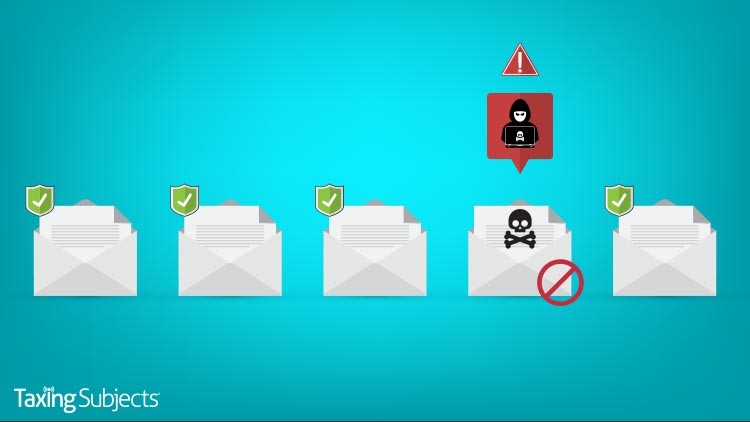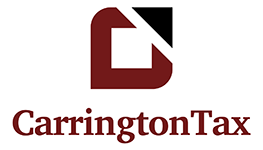
It’s tax season, and that means you’re as busy as you can be. But it’s also the busy season for crafty criminals: scammers impersonating the IRS, either over the phone, by email or in person. Any of these methods can be used to steal money from people.
All taxpayers—and their trusted tax professionals—should stay vigilant against these schemes.
The Internal Revenue Service has released a list of tips to help people recognize and avoid tax-related scams.
While most of these tips are aimed at taxpayers, today’s tax pros take security seriously, so their clients should, too. Besides, when taxpayers are targeted by one of these scams, many times their tax preparer is the first one they call.
Help them be prepared.
Email Phishing Scams
Help your clients remember that the IRS does not initiate contact with taxpayers by email to seek personal or financial information. In most cases, the IRS first mails a paper bill to a person who owes taxes. In some special situations, the IRS will call or come to a home or business.
IRS-, Treasury-, or tax-related suspicious online or email phishing scams should be reported to phishing@irs.gov. Recipients should not open any attachments, click on any links, reply to the sender or take any other actions that could put them at risk.
Telephone Scams
As we mentioned, the IRS generally first mails a bill to a taxpayer who owes taxes. There are specific ways to pay taxes.
Scammers frequently exhibit behavior that the real IRS and its authorized private collection agencies just won’t allow, thus showing themselves to be imposters.
The IRS and its private collection agencies will not:
- Leave pre-recorded, urgent, or threatening messages on an answering system.
- Threaten to immediately bring in local police or other law enforcement groups to arrest the taxpayer for not paying, deport them, or revoke their licenses.
- Call to demand immediate payment with a prepaid debit card, gift card or wire transfer.
- Ask for checks to third parties.
- Demand payment without giving the taxpayer an opportunity to question or appeal the amount owed.
Remind your taxpayers that these criminals can fake or spoof caller ID numbers that appear to be from anywhere in the country. The scammers can even spoof an IRS office phone number or the numbers of various local, state, federal or tribal government agencies.
If a taxpayer gets an IRS- or Treasury-related phone call, but doesn’t owe taxes and has no reason to think they do, they should NOT give out any information, and hang up immediately.
Next, contact the Treasury Inspector General for Tax Administration to report the IRS impersonation scam call.
Report the caller ID and callback number to the IRS by sending it to phishing@irs.gov. Include “IRS Phone Scam” in the subject line of the email.
Lastly, they should report the call to the Federal Trade Commission.
If your taxpayer clients want to verify what taxes they owe to the IRS they should view tax account information online at IRS.gov and review their payment options.
